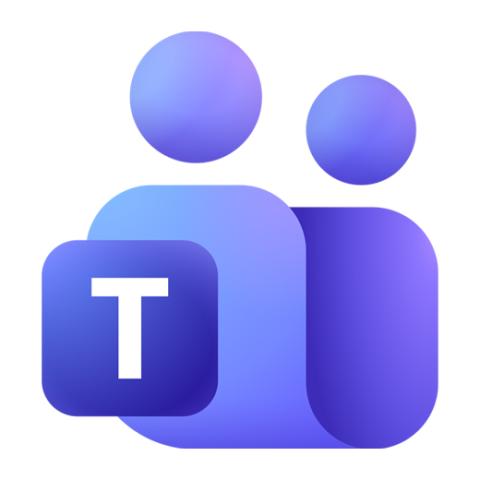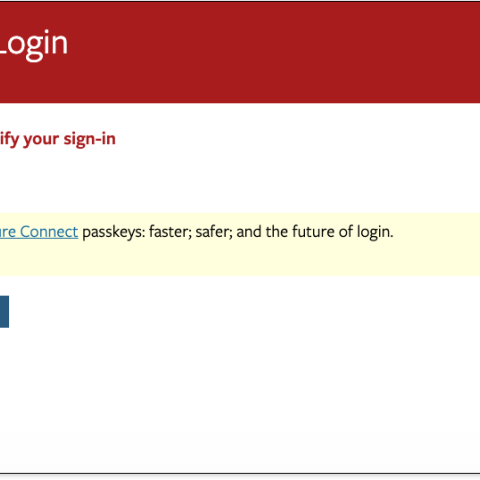Latest News
Weill Cornell Medicine Digitizes Historical Medical Archives with Generative AI on AWS
Handwritten medical records dating back to the Revolutionary War belonging to the New York Presbyterian Hospital are slowly decaying. Weill Cornell Medicine turned to generative artificial intelligence on Amazon Web Services to help digitize this archive.
Power BI Free is Available for All Cornell Faculty, Students, and Staff
Cornell faculty, students, and staff are now licensed for Power BI Free. Power BI Free, accessed using a web browser, allows anyone to review Power BI reports created by individuals who have Power BI Pro.
Pilot of Enhanced Anti-Phishing Protections to Begin Nov. 24
Beginning Monday, November 24, 2025, Cornell will begin a pilot of enhanced anti-phishing protections that come with our investment in Microsoft A5 Defender.
Cost-Effective Innovation: CIT’s Journey to Hyper-Converged
As VMware costs spiked and technology evolved, Cornell’s Cloud and Infrastructure Services team migrated 300 servers to Nutanix's hyper-converged environment in a single year—retiring legacy storage and setting the stage for scalable, resilient infrastructure.
Working as One: CEMI Transformation Gains Momentum
The November 2025 CEMI webinar showcased milestones and other updates to reduce barriers, enable collaboration, and create a seamless experience for everyone relying on Cornell's administrative systems, processes, and data.
Strength in Partnership: Cornell's Backup Evolution to Cohesity
Cross-campus IT teams joined forces to replace a decades-old backup system with a modern, collaborative solution that cuts recovery time from days to minutes.
Teams Feature Updates November 2025
There are new features and improvements in Microsoft Teams, including meeting timers, add emojis with your keyboard, and view incoming calls in a small window.
Ask Big Red AI Chatbot Now Includes Microsoft Support
Looking for quick answers to Microsoft questions? Ask Big Red, Cornell's IT chatbot, has expanded to include both IT@Cornell resources and Microsoft's official support documentation. Try it out and tell us how it worked for you.
Microsoft Teams Will Soon Block Dangerous File Types and URLs
Starting in mid- to late November, Microsoft Teams will automatically block messages that include attached weaponizable files, and URLs that link to malicious sites. This applies to both internal and external Teams conversations.
Simplify your sign-in – Why am I seeing this again?
When the CUWeb Login screen changed last month, you saw a note about passkeys. You’ll see it again soon. Why?










